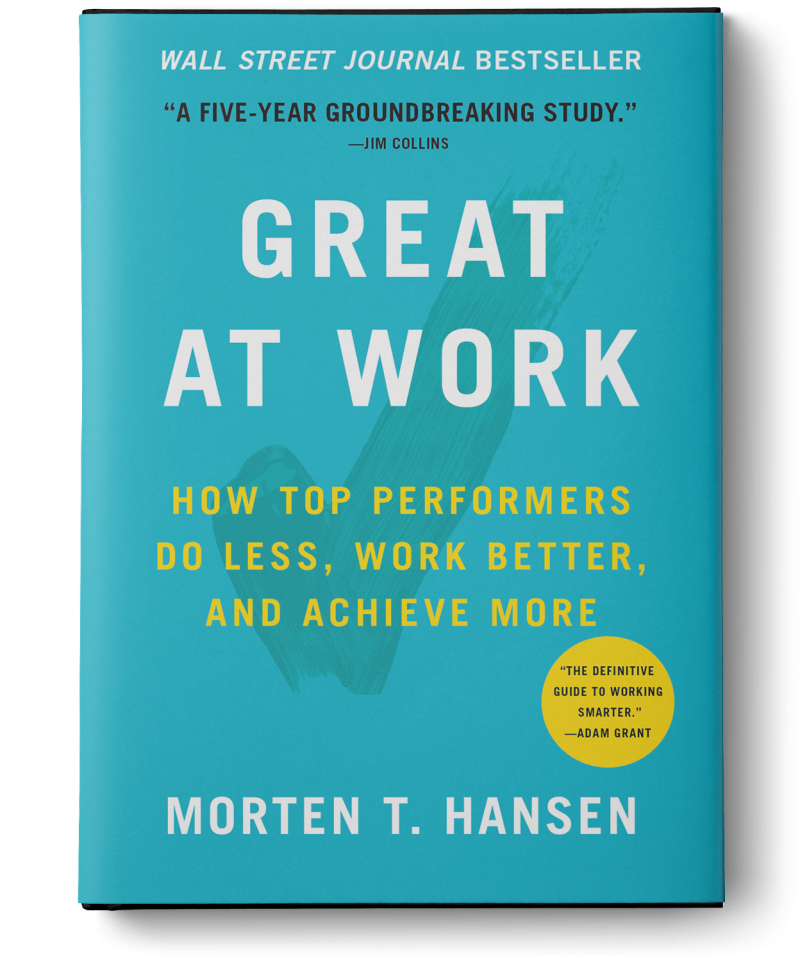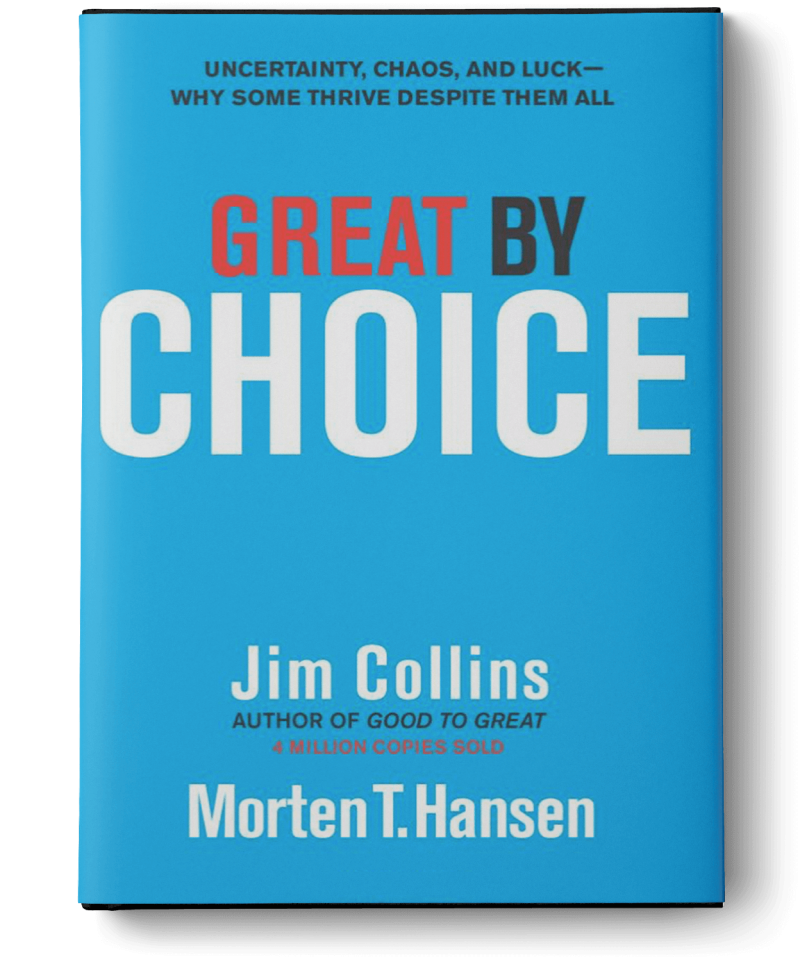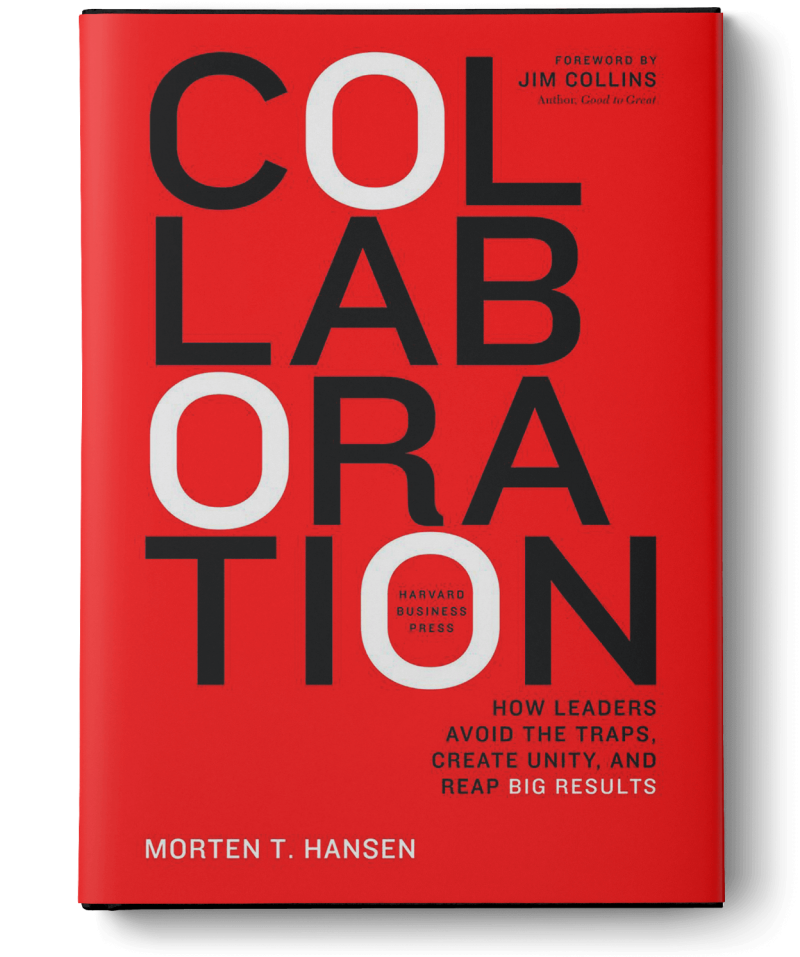Find Success In Your Career By Learning How to Match Your Passion With Your Purpose
Motivational speakers, self-help gurus, successful entrepreneurs, human resource executives, and branding experts have all talked up passion, so much that you might believe loving what you do is the only requirement to perform at your best. However, we’ve been thinking about passion in our careers all wrong.
There is actually a BIG difference between passion and purpose. Passion is “do what you love,” whereas purpose is “do what contributes.” Passion asks, what can the world give to you (a hedonistic inclination). Purpose asks, what can you give to the world (an other-orientation).
Many commencement speakers at graduation ceremonies urge you to follow your passion (do what you love). There is nothing wrong with that, but let’s think for a minute what the word “follow” entails. It really means to let passion dictate what kind of career and jobs you should pursue, regardless of other considerations (if you’re being pragmatic and letting other considerations such as salary and safe choices factor in, you’re not really “following” your passion as you’re compromising).
The problem here is that we have a massive selection bias: Harvard and Stanford don’t invite the people who followed their passions and failed up to the podium, so we don’t know their stories. To figure this out, we need data, not just a few success stories.
Some of us believe we should follow our passion, regardless of our chances of success. Others among us assume we must pursue a career and earn safe money irrespective of whether it taps into our passion. Neither of these options is very attractive, and as a result, many of us bounce between the two, unsure of what to do, groping for the best way forward. Is there a solution to this tradeoff between “following” or “ignoring” passion? Yes.
This is what I found in my data studying 5,000 managers and employees. Following your passion is an inferior approach. So is ignoring one’s passions (that would be a life of drudgery). There is a third alternative: match passion with purpose. That is, strive to find a role and job and career where you feel a strong sense of purpose (a sense that what you do is meaningful and impactful) and that also taps into your passions (you have to be excited about those activities).
I call this “P-squared.” People who infused their work with both passion and purpose performed much better in our data set than people who had just passion, or just purpose, or neither. People with passion and purpose placed in the 80th percentile in the performance ranking on average, while people with only passion (but no purpose) placed in the 20th percentile, and people with purpose (but not passion) placed in the 64th percentile.
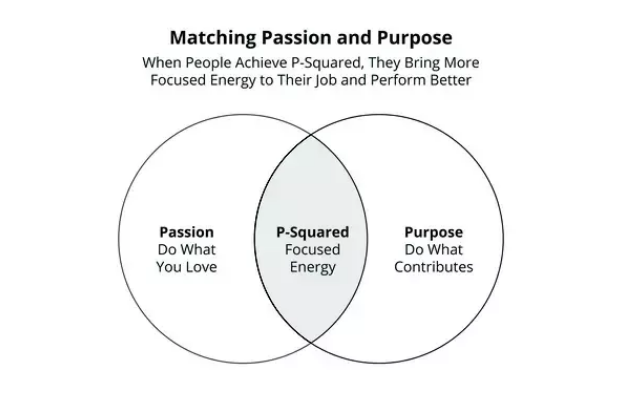
Some people pursue their passion in navigating their careers, but they also manage to connect this passion with a clear sense of purpose on the job—they contribute, serve others, make a difference. They have matched passion with purpose.
Yet, we sometimes over-emphasizing the role of passion. I challenge you to focus more on purpose. Next time you think about what your purpose is, ask yourself: how can we make valuable contributions? What’s your purpose statement? That is, what contributions do you want to make to others in your professional life, and where do you think your talents and other gifts can best be used?
Adapted from Quora.
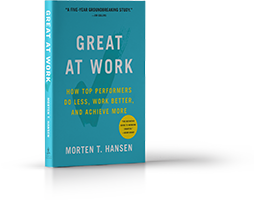 Why do some people perform better at work than others?
Why do some people perform better at work than others?
Morten Hansen reveals the answer in his “Seven Work Smarter Practices” that can be applied by anyone looking to maximize their time and performance.
